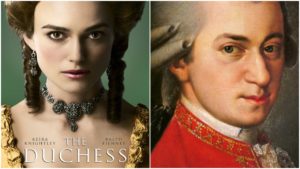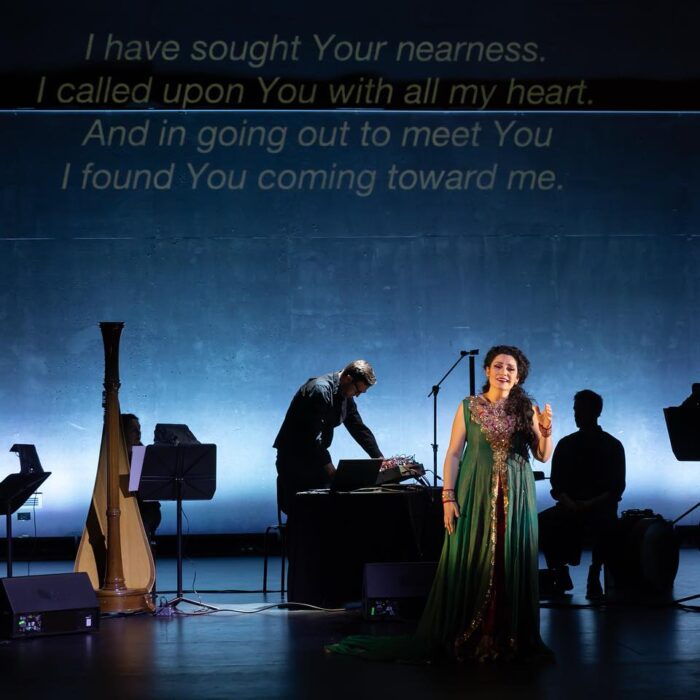
Opera Meets Film: How A Mozart Aria Encapsulates The Main Conflict Of Keira Knightley’s ‘The Duchess’
By David Salazar“Opera Meets Film” is a feature dedicated to exploring the way that opera has been employed in cinema. We will select a section or a film in its entirety, highlighting the impact that utilizing the operatic form or sections from an opera can alter our perception of a film that we are viewing. This week’s installment takes a look at the Keira Knightley starred “The Duchess.”
The appearance of Mozart’s “Un moto di gioia” in “The Duchess” is as fleeting as the lead heroine’s hopes for a different and more exciting lifestyle.
Halfway through the film, Georgiana, who has been suffering from utter boredom in a wedding to the Duke of Devonshire, heads to a party where she meets her old flame Charles Grey. They flirt briefly over a distant recording of this Mozart aria.
The aria hails from Mozart’s “Le Nozze di Figaro,” but is rarely ever heard in a performance, the reason being that it was meant as a replacement for “Venite inginocchiatevi” due to the specific vocal needs of soprano Adriana Gabrieli del Bene. The more famous aria simply didn’t suit her voice quite as well, so Mozart wrote it as a quick replacement. The aria is rather brief, but full of bubbly energy. In the context of the scene from “The Duchess”, it is a perfect complement to Georgiana’s heightened spirits.
As utilized, however, the audience isn’t really meant to listen actively to the aria. It is but background noise in the bigger bustle of society around them. But it stands out because it is the first excerpt of opera utilized in the film to this point (and overall). We hear music by Bach, a string quartet by Mozart, Handel, Vivaldi, Locatelli, Beethoven, Haydn, and Telemann, but none of those pieces are operatic excerpts. So the moment a soprano voice starts cutting through the voices and tumult of the party, the ear is immediately drawn to it. It is an effective choice that is often utilized in a number of films that use opera very sparingly in their respective films.
But the fact that it is almost drowned out completely by the tumult of the scene is not unimportant. In fact, it contextualizes everything about its symbolic meaning with regards to Georgiana. It is an expression of her brief happiness as showcased in the film, but the diegetics of the scene remind us that this voice trying to express itself within the noise around it is Georgiana’s own sense of self trying to find expression in a society that is constantly trapping her. The film expresses how she carves out a special place in society by become a symbol of fashion. People adore her, and yet she’s still beholden to her duties as the Duchess. When she is perceived to make a mistake with regard to her position, society turns on her and she becomes mere gossip.
The Mozart aria disappears rather quickly from the film’s musical ambience, very much as does any hope Georgiana has of freedom in her society.


